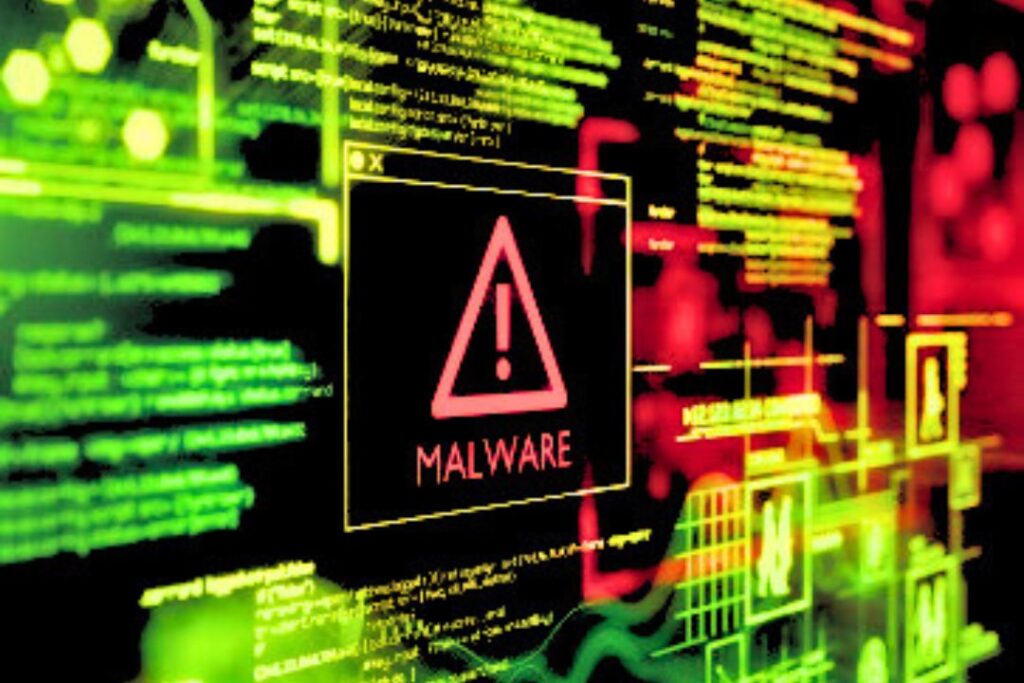In today’s digital world, you don’t have to spend a lot of money to stay safe online, be productive, or get creative. There are many free tools available that can help you with these tasks. Let’s explore some of the best free software options for security, productivity, and creativity.
The Best Free Software for Staying Safe Online, Being Productive, and Getting Creative

Many things in life are not free, but software is an exception. Some software, especially open-source software, is usually available for free. This type of software is created and improved by a community of developers who share their work with everyone. This means that people who know how to code can change the software to fit their needs.
However, not all free software is open-source. Some companies offer basic versions of their paid software for free. These versions might not have all the advanced features, but they can still be very useful. Whether you’re trying to save money or just don’t want to spend too much, there are plenty of free software options available.
Important Considerations
Before you download any free software, make sure you get it from a trustworthy source. Always download software directly from the developer’s website or the official app store. This helps you avoid unwanted extras that third-party sites might include. Also, read the fine print to see what data the software might share about you. Sometimes, “free” software can have hidden costs, like sharing your personal information.
Security
Keeping your devices secure is very important because we store so much personal information on them. But security software doesn’t have to be expensive. In fact, many good antivirus programs are available for free.
Antivirus

In the past, people often bought antivirus software from companies like McAfee and Norton. These companies also provide protection for mobile devices now. But do you really need to pay for antivirus protection? If you only need basic protection, you can find free options that work well.
Windows Defender is a good example of a free antivirus program. It comes built into the Windows operating system and provides a strong first line of defense against viruses and malware. Other free antivirus options include Avast and AVG, which offer regular system scans and updates to keep your computer safe.
However, if you need extra features like identity protection, a virtual private network (VPN), or dark web monitoring, you might want to consider a paid subscription.
Password Managers
Protecting your online identity is important, and one way to do this is by using strong, unique passwords for each of your online accounts. But remembering all those passwords can be hard. That’s where a password manager comes in. A password manager stores all your passwords securely and can even help you create new, strong passwords.
Some popular password managers like 1Password, Dashlane, and NordPass require a subscription or have limited free versions. But there are good free options too. Bitwarden is a great free password manager. It might not look as nice as some paid options, but it is easy to use, works on all platforms, and can store an unlimited number of passwords.
VPNs

A virtual private network (VPN) is a tool that can help you protect your internet activity and access content that might be blocked in your country. VPNs can stop advertisers from tracking you and gathering your data.
Many VPNs charge a fee, but some offer free plans. Proton VPN is one such option. Proton VPN doesn’t show ads or invade your privacy. It offers a free plan that works on Android, iOS, and Windows. If you need more features or want to use the VPN on multiple devices, you can choose to pay for a subscription.
Productivity
The days of buying software that only works on one computer are mostly over. Nowadays, many productivity tools are subscription-based and live in the cloud, like Microsoft 365. This means you can access your documents from different devices and work online.
But you don’t have to pay for productivity software. Google Docs, Sheets, and Slides are free alternatives that allow you to create and edit documents, spreadsheets, and presentations. Even though they are cloud-based, you can work offline when you don’t have an internet connection.
If you prefer open-source software, check out LibreOffice. This software suite is available for Windows, Mac, Linux, iOS, and Android. LibreOffice includes tools for word processing, spreadsheets, presentations, and even databases.
For Apple users, Pages, Numbers, and Keynote are free to download when you buy a Mac, iPhone, or iPad. These tools used to cost money, but Apple made them free at the end of 2013.
Creative
If you like creating images, editing videos, or designing graphics, there are free tools available for these tasks too. While Adobe’s software is popular, there are other options that don’t cost anything.
GIMP (GNU Image Manipulation Program) is a free image editor with many features similar to Photoshop. It works on Windows, Linux, and Mac. GIMP has a learning curve, but it’s worth the effort to learn how to use it.
For graphic design and vector graphics, try Inkscape. This program is available on Windows, Mac, and Linux. Like GIMP, Inkscape has a learning curve, but once you get the hang of it, you can create as many graphics as you want without watermarks or complicated log-ins.
Final Thoughts
You don’t have to spend a lot of money to stay safe online, be productive, or get creative. There are many free tools available that can help you achieve your goals. Whether you need antivirus software, a password manager, a VPN, productivity tools, or creative software, there are free options that can meet your needs. Just remember to download from trusted sources and read the fine print to protect your privacy. Happy computing!
Disclaimer
We can not guarantee that the information on this page is 100% correct. readmore